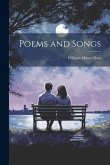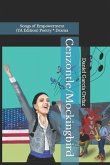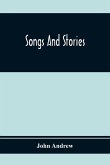Songs of Innocence and of Experience is a collection of illustrated poems by William Blake. It appeared in two phases: a few first copies were printed and illuminated by Blake himself in 1789; five years later, he bound these poems with a set of new poems in a volume titled Songs of Innocence and of Experience Shewing the Two Contrary States of the Human Soul. Blake was also a painter before the creation of Songs of Innocence and Experience and had painted such subjects as Oberon, Titania, and Puck dancing with fairies. "Innocence" and "Experience" are definitions of consciousness that rethink Milton's existential-mythic states of "Paradise" and "Fall". Often, interpretations of this collection centre around a mythical dualism, where "Innocence" represents the "unfallen world" and "Experience" represents the "fallen world".[2] Blake categorizes our modes of perception that tend to coordinate with a chronology that would become standard in Romanticism: childhood is a state of protected innocence rather than original sin, but not immune to the fallen world and its institutions. This world sometimes impinges on childhood itself, and in any event becomes known through "experience", a state of being marked by the loss of childhood vitality, by fear and inhibition, by social and political corruption and by the manifold oppression of Church, State and the ruling classes. The volume's "Contrary States" are sometimes signalled by patently repeated or contrasted titles: in Innocence, Infant Joy, in Experience, Infant Sorrow; in Innocence, The Lamb, in Experience, The Fly and The Tyger. The stark simplicity of poems such as The Chimney Sweeper and The Little Black Boy display Blake's acute sensibility to the realities of poverty and exploitation that accompanied the "Dark Satanic Mills" of the Industrial Revolution.

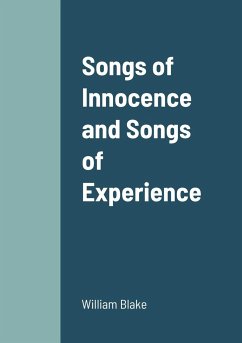
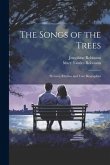
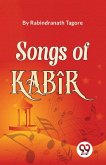
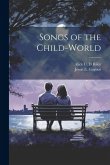
![Illustrated Poems and Songs for Young People, Ed. by Mrs. [L.D.] Sale Barker Illustrated Poems and Songs for Young People, Ed. by Mrs. [L.D.] Sale Barker](https://bilder.buecher.de/produkte/68/68738/68738328m.jpg)
